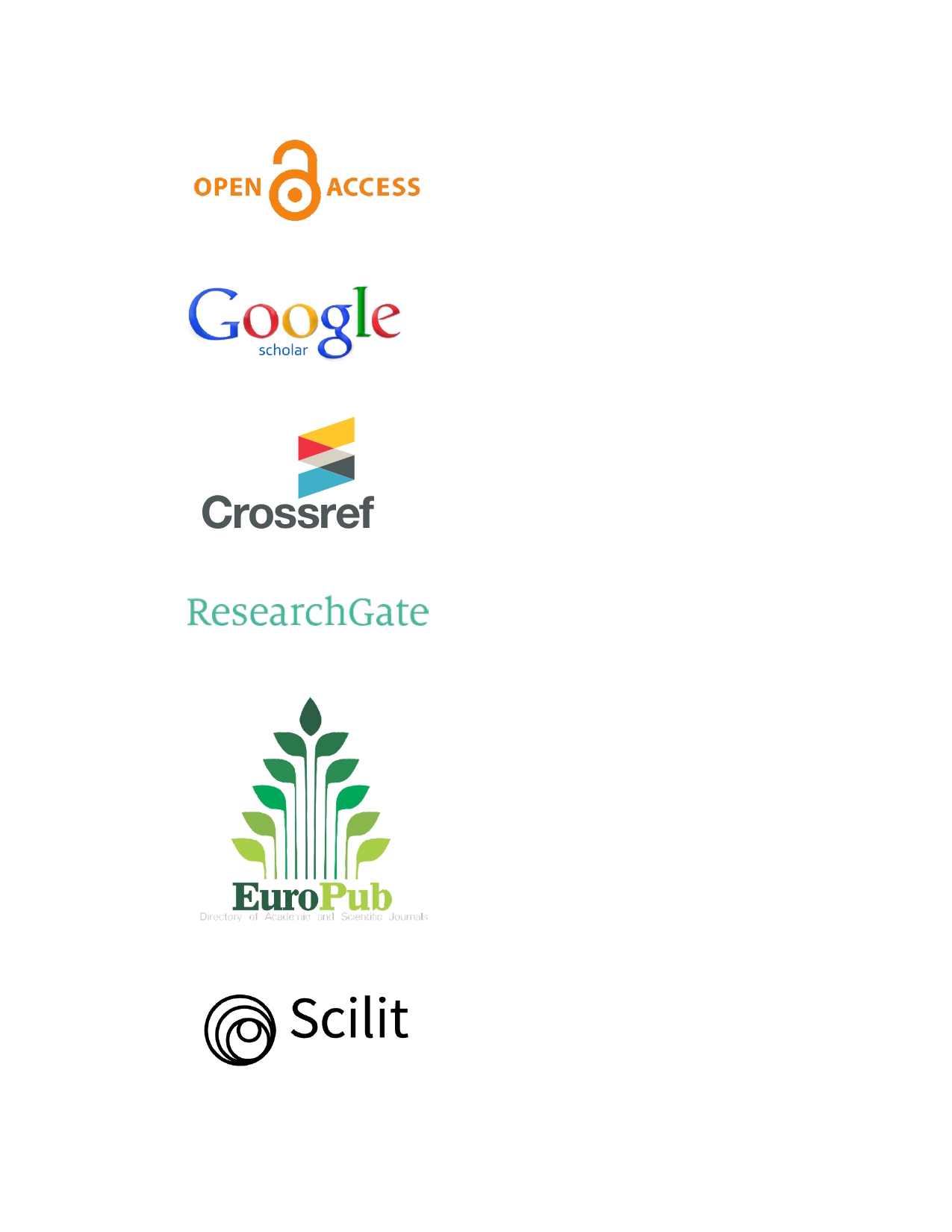The Ngirri Regulatory Society and Power Reinforcement in Local Governance in the Mbum-land Northwest Region, Cameroon: ca. 1800 - 1902
DOI:
https://doi.org/10.63002/assm.29.636Keywords:
Ngirri, Regulatory Society, Power Reinforcement, Local Governance, Mbum-landAbstract
Besides many others, Ngirri, as a regulatory society in the African context in general and specifically in the Northwest Region of Cameroon, is a political institution that regulates state power. This happened more especially in the pre-colonial states, where each chiefdom or kingdom was a state on its own. In contemporary African society, such regulatory role has been greatly reduced, as regulatory societies have been reduced to mere socio-cultural groups. The problem that necessitated this study is the fact that Ngirri’s regulatory role has been diminished by the intruding Europeans, to such a point that its preponderant activities have been misinterpreted and viewed as secret and it has been finally referred to as a secret society. This study therefore sought to trace its origin, develop its evolution in the Mbum-land, bring out its contribution towards local governance, and show the challenges it faced in reinforcing the power of the traditional government in the pre-colonial Mbum society. To accomplish this, the article primarily utilized the qualitative method of analysis. Consequently, it made use of oral tradition and interviews, as well as archival materials and other primary, secondary, and tertiary sources. These sources were cross-checked against each other in order to be certain of the facts. The findings were that Ngirri did not play only a social role. Most importantly, it played a governmental role as the executive arm of the traditional government. It therefore facilitated local governance in the Mbum traditional states through its inclusive handling of issues.
Downloads
Published
How to Cite
Issue
Section
License
Copyright (c) 2024 René Ngek Monteh, Richard Tanto Talla, Napoleon Endele Sayani

This work is licensed under a Creative Commons Attribution 4.0 International License.






